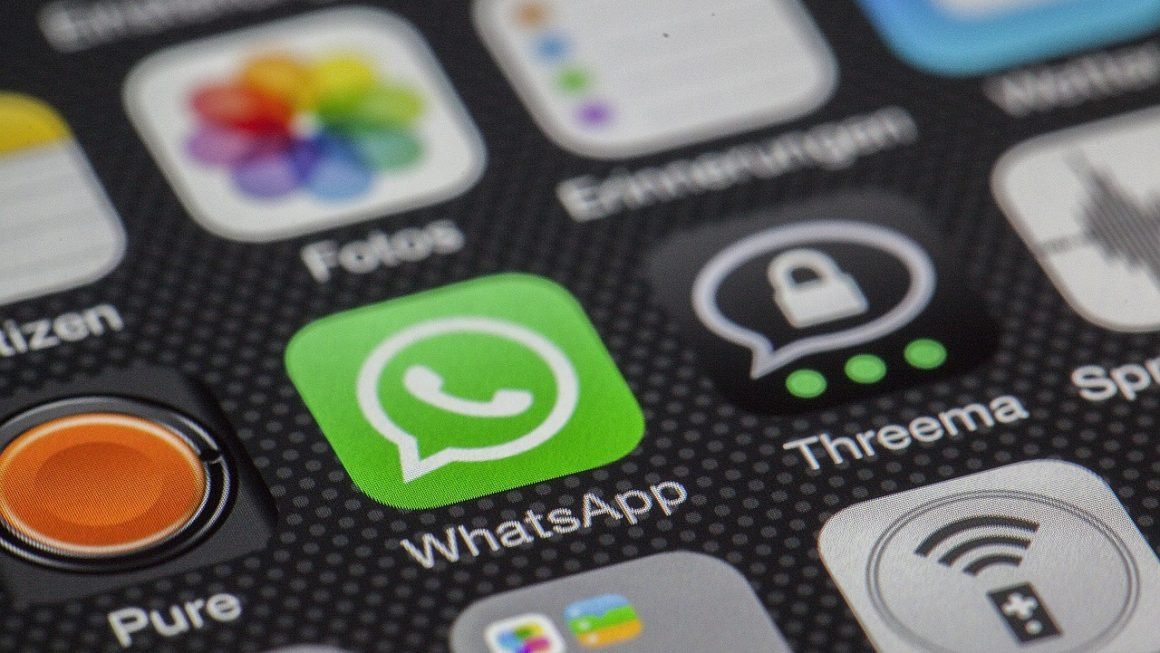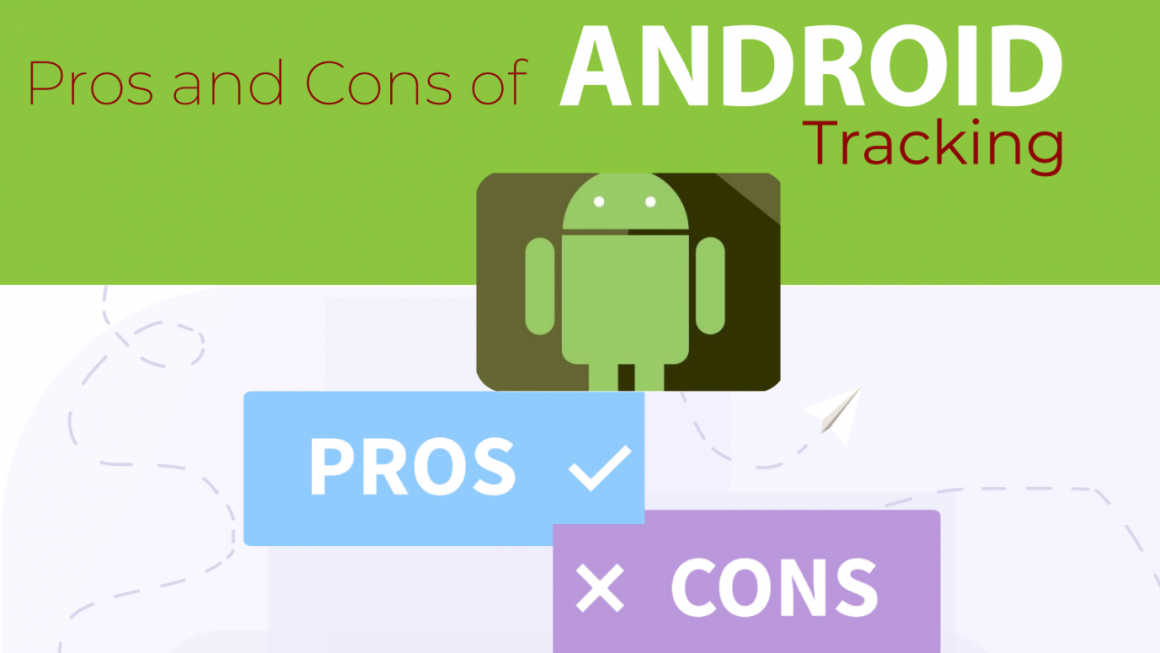It’s no surprise that if our technology isn’t adequately protected we may become a victim of malware and cyber threats. There is no instruction that arrives with a smartphone that teaches the consumer how to secure their mobile phone. Furthermore, threats are constantly developing and adapting to our preferences.
You will further safeguard your confidential details in the circumstance of fraud or malfunction by being concerned about data protection. Place some easy measures by using mobile app security tools into action right now to feel better about the security of your data.
We’ve built an illustration with mobile protection strategies to maintain your smartphone stable to allow you to access your device safely.
- Carry your device locked at all times.
If your phone is hacked, the thief will have full accessibility to your confidential details. To avoid this, make certain your screen is locked. It’s important to you and your phone’s strengths whether you use a password, pattern, fingerprint scanner, or facial detection.
Once you enable a lock screen, you’ll be able to select how lengthy the phone will be idle until it locks. Be careful to select the smallest period of time. This will shield you by trying to enact the lock screen immediately even though you fail to lock it manually. It will also conserve the battery by turning off the screen after a certain period of time has passed.
- Create Strong Passwords
It would be more difficult for an attacker to determine your application passwords if you use solid passwords. It’s also a good idea to give each application its own password. In this method, if a single password is cracked, the attacker would not have rights to all of your data.
- Be careful about downloads
When installing applications, make certain to get them from the google play store and read the feedback. To access users’ private details, hackers build fake mobile applications that imitate well-known brands. To avoid falling into this loop, check the list of ratings, the most recent version, and the organization’s communication details.
- Anti-Virus Software should be installed
You’ve already known anti-virus applications for computers and mobile but they can also support your portable computers. Malware and hacker attacks can be controlled with these systems. As an additional perk, some mobile app security tools include VPN functionality.
- Your system should be updated.
Numerous Android customers do not get the new iOS software version installed, despite the fact that several Apple iPhone owners will. If you haven’t upgraded your phone’s security, it might be open to cybersecurity flaws that have been resolved in more current software upgrades.
Many software updates provide protection fixes to address bugs discovered by attackers in previous editions of the application. You’ll get the very latest security patches if you keep up to date with the new editions leaving your device less of a threat.
Smartphones are portable computers that can store all of your valuable information and confidential details in their storage. You can secure your smartphone by remembering these smartphone protection guidelines.





